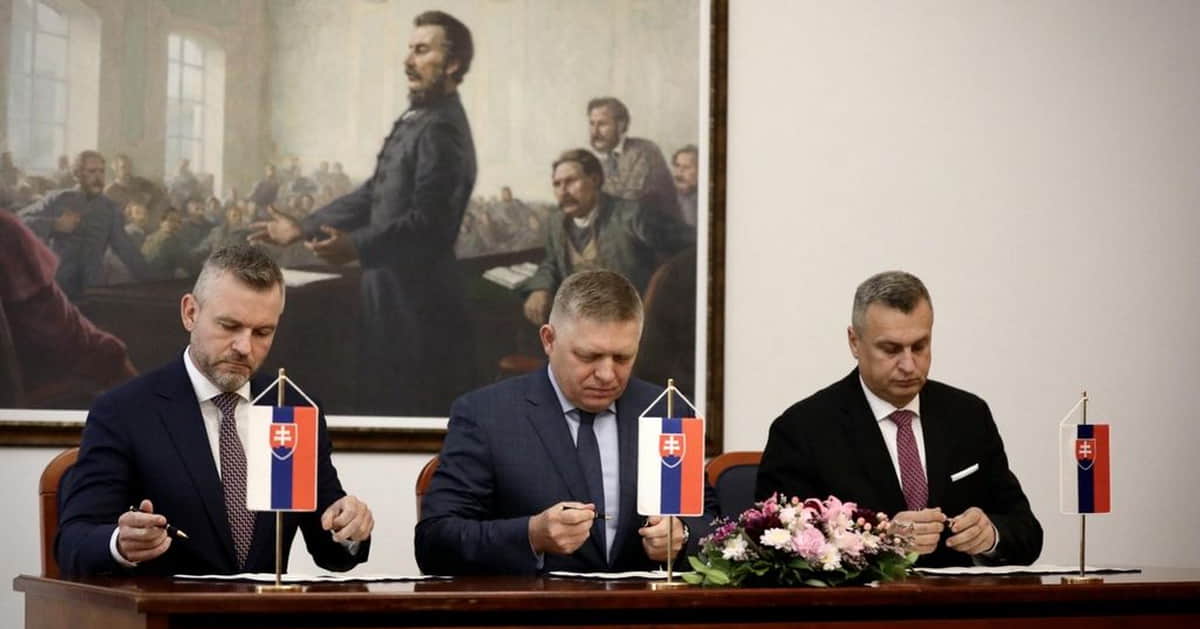What problems can Ukraine face from new Slovakia's government?

On 10 October, it became clear that new Slovakia's government would include parties that had built their campaign and overall political careers on friendship with Russia and criticism of Ukraine. You can find out more about what Ukraine can expect in this new reality in the article by the President of the Ukrainian-Slovak Business Agency (Bratislava), Dmytro Konyshov - Will Slovakia become another Hungary? What to expect from the pro-Russian coalition in Slovakia?
The results of the Slovak elections turned out to be unique since the new coalition was not determined by the leaders but by the party that came third. None of the leaders could build a majority without Voice, so this party received a golden share and the right to choose Slovakia's future. Considering that Voice loudly and publicly announced its negotiations with pro-Western Progressive Slovakia, the question arises: why did Peter Pellegrini and his party decide to terminate negotiations with pro-Western parties?
Among all possible explanations for this choice, the most relevant one is that Peter Pellegrini assessed the coalition with Smer, led by Robert Fico, and the nationalists as more viable and capable of staying in power for the next four years. Therefore, the new government of Slovakia will be based on Smer - Social Democracy led by Robert Fico. This party campaigned with overtly anti-Ukrainian rhetoric.
The smallest partner of the coalition will be the Slovak National Party (SNS), known for its favourable attitude toward Russia. So, does everything look bad for Ukraine, or are expectations exaggerated? There are at least five reasons that will work against the transformation of Slovakia's government into a pro-Russian one, including domestic political and intraparty factors.
However, perhaps more important for Slovakia's international stability will be the influence of foreign partners. The Slovak economy is under the dominant influence of Germany, which evidently has significant economic leverage over the newly formed Slovak government. The same applies to the European Union and, to a lesser extent, NATO, as these organisations can exert a range of influence measures on Bratislava.
But there are still concerns. Ukraine can expect the following policy from the new Slovak government: The new government of Slovakia will support Ukraine's fight against Russian aggression, but it will do so less actively than its predecessors and with numerous conditions.
The new Slovak government is likely to review the policy of providing military assistance to Ukraine but will not interfere in the activities of private Slovak companies that manufacture military equipment and weapons for Ukraine. The new Slovak coalition will support Ukraine's EU accession but the level of this support will be significantly lower than that of the previous government. The new government of Slovakia is unlikely to openly oppose Ukraine's NATO membership but will insist on factors that could prevent this accession in the foreseeable future.
The new Slovak government may start reducing assistance to refugees from Ukraine. What should Ukraine do under these conditions? There is no other way than to talk, discuss, and persuade.
If you notice an error, select the required text and press Ctrl + Enter to report it to the editors.